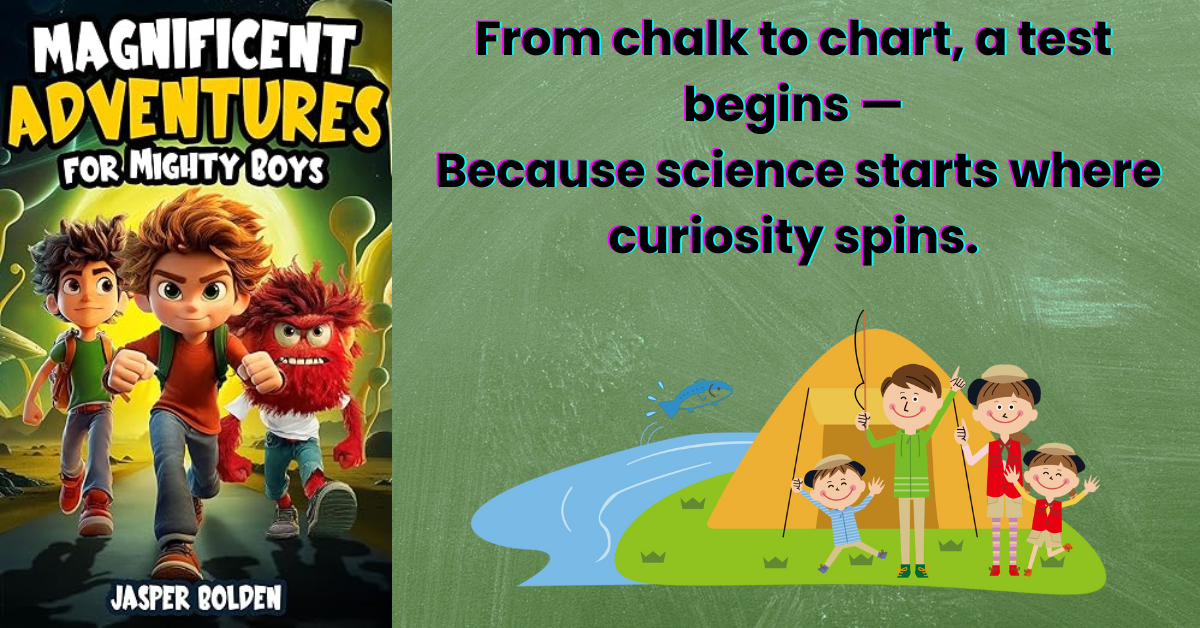| Title: Emotional Intelligence for Kids |
| Genre: Children’s Educational Nonfiction—Emotional Learning |
| Theme: Building emotional intelligence through stories & characters. |
| Theme: Building emotional intelligence through stories & characters. |
| Audience: Parents, teachers & caregivers supporting kids’ emotional growth. |
| Author: Dr. BA Mabaso |
| 👉Read on Goodreads |
| 👉 Browse All Reviews on My Website |
| 👉 See Full Review List on Google Site |
Have you ever wished your child could better manage their feelings, preventing outbursts and meltdowns? For a straightforward approach, Dr. BA Mabaso’s insightful book, “Emotional Intelligence for Kids,” resonated deeply; its practical advice on maintaining happiness, confidence, and kindness felt particularly relevant. Because I’m enthusiastic about childhood development and emotional well-being, I found the book’s child-centered method of teaching the building blocks of “Emotional Intelligence (EQ)” captivating; its gentle tone and direct approach were particularly appealing.
My initial reaction was a mixture of intrigue and skepticism. Children find emotional intelligence difficult, right? Still, Dr. Mabaso deftly streamlines these ideas. The EQ Crew, a collection of likeable characters in the book, shows fundamental emotional skills via daily situations. Jake “the Fixer” struggles with boundaries while helping others, but Mia “the Worry Warrior” finds empowerment through self-reliance.
These stories will entertain young readers while also providing clear, concrete lessons; they are fascinating and easy to follow.
I was completely captivated by the book’s stunning watercolor illustrations; each one was a little work of art, with amazing detail and delicate hues. The illustrations help children understand and react emotionally to the subject, providing more than just superficial appeal. Seeing real-life photographs of happy, playful children strengthens the connection, making abstract notions like “letting go of negative emotions” more understandable; their bright smiles and unfettered energy are contagious. My favorite chapters, “Respecting Others’ Choices” and “Practicing Kindness,” use vivid, engaging illustrations to teach youngsters valuable life lessons. The simple yet powerful remark “You control YOU, they control THEM” truly spoke to me. Children and adults alike can learn that emotional well-being is inextricably related to respecting limits and valuing variety.
This book reads like a chat with a kind teacher or intelligent friend who is concerned about the well-being of young people. I considered its practical applications in everyday life, such as classroom debates and family conversations. One of the book’s best aspects is its applicability.
Many young children suffer emotional distress from an inability to process their feelings effectively. and smoothly. I wish I had found this book earlier—it would have greatly lessened those difficult times.
Every resource, naturally, has its limitations and imperfections. A few areas, like the chapter explaining Maslow’s Hierarchy of Needs and the section on peer pressure, could use an adult’s assistance to help younger children fully understand; the concepts are complex and require some interpretation to make sure the meaning is clear.
To fully engage young readers, some jokes and puzzles should be easier and more entertaining, with comedy that is relevant to their experiences.
Despite certain areas for development, the work is wonderfully balanced and approachable. Instead of appearing sanctimonious, it provides friendly and approachable help.
Here are some brief, useful tips for teachers and parents:
• Help your youngster every everyday identify and name their feelings.
• Promote respect of individual limits and variances.
• Use images and narrative to explore emotions in a lighthearted, interesting way.
• Reinforce compassion with actual events and daily activities.
• Reinforce compassion with actual events and daily activities.
If emotional development and confidence-building for your child are important to you, I strongly recommend reading “Emotional Intelligence for Kids.” This is more than just a book; it is an effective tool for raising happier, kinder, and more resilient children.
In other words, as the author points out, “kindness is always the right choice.”
Final words: Did your youngster like and play while reading this? Their personal experiences would be much valued.
Please leave a comment, subscribe to my email for more informative reviews, or read related articles on my website to promote children’s health and better parenting.



